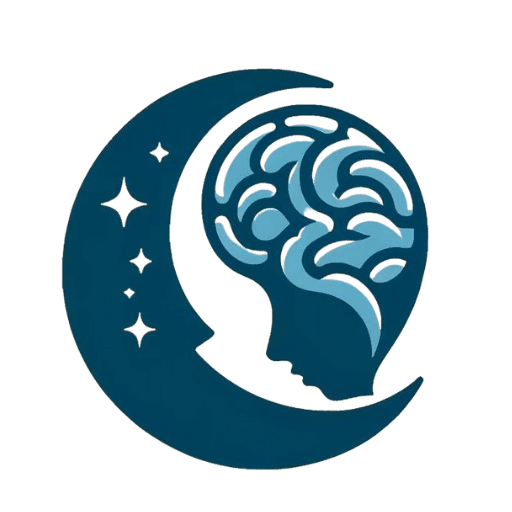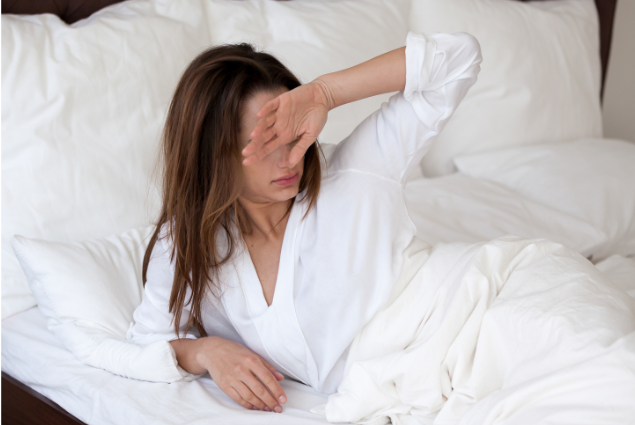If you’re wondering how to recover from bad sleep, you’re not alone. Many of us experience nights where rest feels like a distant dream, leaving us searching for ways to regain our energy and focus.
Whether it’s a late-night worry, a teething toddler, or the endless to-do list running through your mind, finding ways how to recover from bad sleep becomes a priority for restoring balance and health
The grogginess, the foggy brain, and the overwhelming desire to crawl back under the covers can sabotage anyone’s day. But, fear not! Implementing a few strategic actions can help mitigate the effects of poor sleep, improving your mood, energy levels, and overall well-being.
For those tough mornings after a night of poor sleep, knowing how to recover from bad sleep can be a lifesaver. Here are three science-backed steps to bounce back stronger after a bad night’s sleep.
1. Get plenty of sunlight
The first step towards recalibrating your body after insufficient sleep is to get plenty of sunlight, especially in the morning. Exposure to natural light plays a pivotal role in regulating our body’s internal clock, or circadian rhythm, which in turn influences our sleep patterns. Natural light exposure improves sleep quality and duration, and even more: outdoor light exposure could significantly benefit those struggling with sleep issues (Wright et al., 2013).
Sunlight also has a profound impact on our mood and cognitive function. Research indicates that sunlight can increase the brain’s release of a hormone called serotonin, which is associated with boosting mood and helping a person feel calm and focused. Exposure to sunlight during the day has been linked to better sleep quality and duration at night, which could be vital for those looking to correct their sleep patterns after a disruptive night.
2. Engage in Physical Activity
Exercise is a powerful tool for shaking off the lethargy that follows a night of poor sleep. Engaging in physical activity can increase endorphin levels, which are chemicals in the brain that act as natural painkillers and mood elevators. According to a study in the Journal of Sleep Research (Kredlow et al., 2015), regular physical activity improves sleep quality and has been shown to reduce symptoms of insomnia.
Beyond boosting mood and mental clarity, exercise can also counteract some of the negative health impacts of sleep deprivation, including glucose metabolism irregularities. Moderate exercise could mitigate the glucose spikes that often accompany sleep deprivation, helping to stabilize energy levels and appetite throughout the day.
3. Prioritize Protein in Your Diet
After a night of poor sleep, many people find themselves craving carbohydrates and sugar, seeking an immediate energy boost. However, indulging in these cravings can lead to a cycle of spikes and crashes in blood sugar levels, exacerbating feelings of fatigue and irritability. Instead, focusing on protein intake can provide a more sustainable energy source. Protein-rich foods help stabilize blood sugar levels and regulate appetite-controlling hormones, keeping you feeling fuller for longer and preventing overeating or snacking on sugary foods.
Research published in the American Journal of Clinical Nutrition demonstrates that a higher protein intake can influence the hormones responsible for hunger and satiety, including ghrelin and GLP-1, helping individuals feel more satisfied and less likely to overeat (Leidy et al., 2015). This is particularly beneficial for those looking to maintain a healthy diet and energy levels after a disrupted night’s sleep.
Conclusion
While a poor night’s sleep can disrupt your day, implementing these three steps can significantly improve your recovery process. By exposing yourself to sunlight, engaging in physical activity, and consuming sufficient protein, you can help reset your body’s internal clock, boost your mood and energy levels, and stabilize your appetite. These steps not only aid in recovery from a bad night’s sleep but also contribute to a healthier lifestyle that supports improved sleep quality in the long run.
Remember, consistency is key. Integrating these practices into your daily routine can enhance your resilience to sleep disruptions and promote overall well-being. So, the next time you find yourself tossing and turning at night, know that you have the tools to bounce back stronger the following day.
If you need personalized advice, check out our consultation options and private coaching sleep support for adults.
References
- Wright KP Jr, McHill AW, Birks BR, Griffin BR, Rusterholz T, Chinoy ED. “Entrainment of the human circadian clock to the natural light-dark cycle.” Journal of Clinical Sleep Medicine, August 2013.
- Kredlow MA, Capozzoli MC, Hearon BA, Calkins AW, Otto MW. “The effects of physical activity on sleep: a meta-analytic review.” Journal of Sleep Research, June 2015.
- Leidy, Heather J et al. “The role of protein in weight loss and maintenance.” The American journal of clinical nutrition vol. 101,6 (2015): 1320S-1329S. doi:10.3945/ajcn.114.084038

